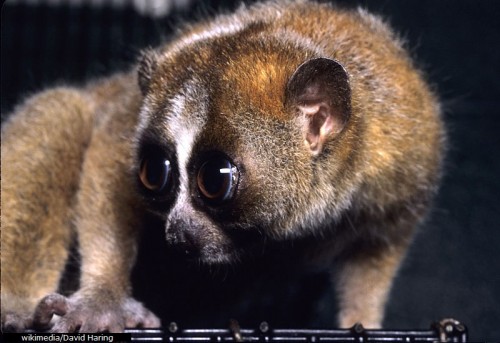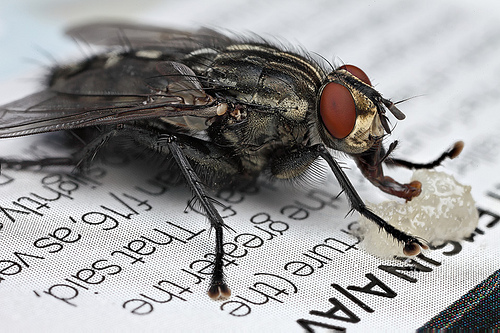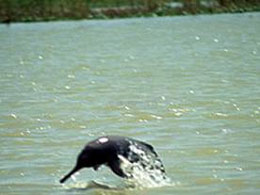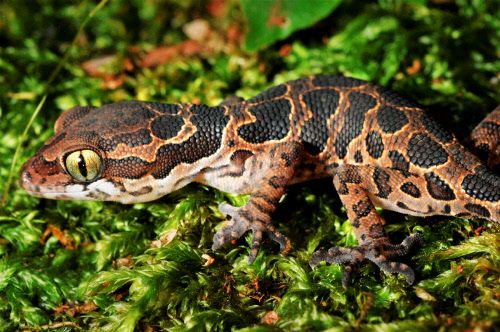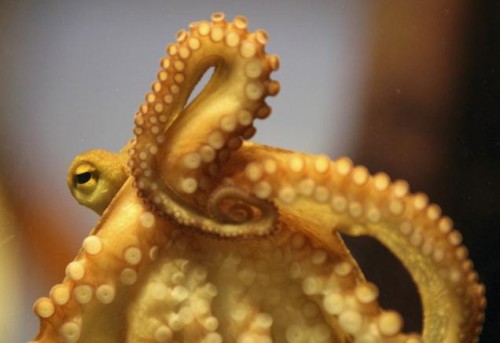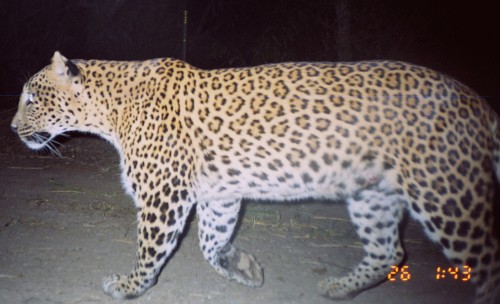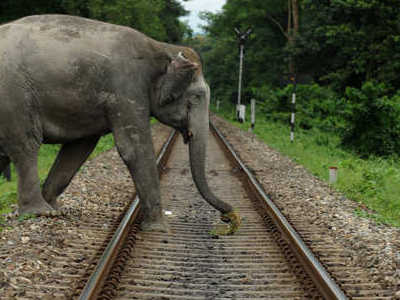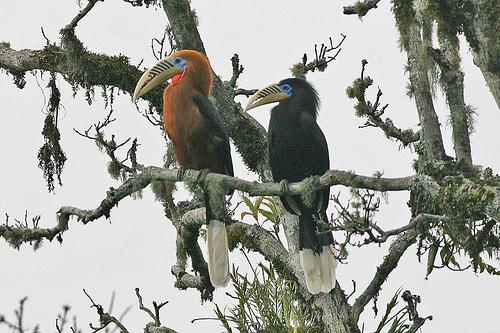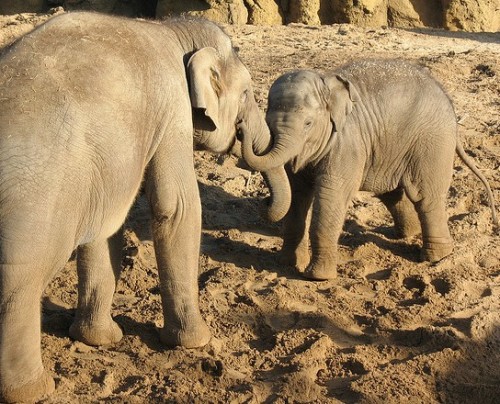Read how a Slow loris was saved from the clutches of a village godman by a caring soldier in Manipur.
Finding Rare Species may Soon be a Fly’s Job!
Data collection is hard work and though newer technologies like the camera trap have made the job a bit easier for researchers the biggest help in the future may come from tiny insects like flies – the new bio-helpers for field research worldwide!
Bihar houses Stable population of Gangetic Dolphins
With more than 800 recorded sightings, the news from Bihar for the endangered Gangetic Dolphin is good.
After 135 Years ‘Extinct’ Gecko is Seen Again
A gecko that remained hidden and was believed to be extinct was re-discovered recently after 135 years. Called the Jeypore Gecko (Geckoella jeyporensis) it was found in Andhra Pradesh and Orissa by scientists who spent more than two years looking for this little creature.
How an Octopus in Kerala backwaters is Puzzling Scientists
Octopuses were recently spotted in the serene backwaters of Kochi. If you are asking why this is odd it is becausejust like freshwater fishes cannot survive in saltwater seas and oceans, and vice versa, octopuses too cannot live in freshwater. Their presence in the backwaters of Kerala is only a proof, that these freshwater arteries of a verdant state are becoming more salty.
Leopards as Neighbours
“We are running out of real estate!” cried a celluloid character in a movie. But if anything is true in the world we live in today, it is this fact, that we are all indeed running out of living space, especially because of the burgeoning human population. Now a new camera trap study in India has revealed how lack of space has led leopards and other wildlife to share space with humans, that too in highly populous locations.
In the Business of Killing
There was a time in India when Emperors surrounded by their noblemen would mount the back of an elephant and venture into the jungles to kill a beast. The time of these erstwhile trigger friendly maharajas may well have gone, but the hunt for animals is still on and has taken an uglier shape than ever. It is not royalties anymore but commoners who kill for profit. Wildlife crime is today is a profitable business and the biggest threat to animals and the survival of the planet itself.
Turtle Nesting Sites facing the Heat
For turtles, nesting grounds are the most secure place on earth. They may be wandering all across the world oceans throughout the year, but it is here that they come year after year to lay eggs and bring the next generation into the world. Sadly, marine scientists have found that turtle nesting grounds in many parts of the world, including India are vanishing due to climate change. What is even more distressing is that many of these may have already faced irreparable damage.
Life Threatening Railway Tracks
A railway line that may connect Sikkim with the rest of India more easily is currently under construction between Sevoke in West Bengal and Rangpo in Sikkim. But the track might threaten the lives of many wild animals, especially elephants that frequent the same path, triggering more accidental deaths if the train movement starts.
Indian Birds need Help to Combat Climate Change
A new UK based research points out that the future for Indian birds could be disastrous because of climate change and many species could try to relocate to different areas. The research says that to save birds from global warming, it is not just the protected areas but the whole countryside that needs to be conserved. In some extreme cases, certain birds might be needed to be physically transferred from one area to another!
6000 Elephants call Karnataka Home
The state of Karnataka is now home to more than 6000 elephants, according to a new census conducted in 2012. The average elephant population has been between 4,000 and 6,000 for the past 15 years in the state.

